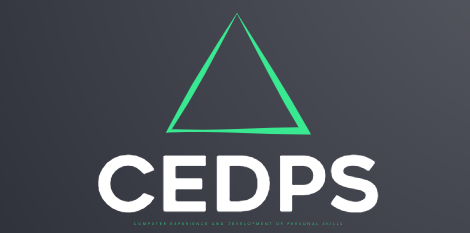The trouble with many definitions and descriptions with regards proxy servers is that there are very few standards. Many providers simply tag their own descriptions or opinions onto a convenient title. Some of the favorites are descriptions like anonymous and elite which you’ll often find used to explain the security level of a service
These descriptions are often used completely inappropriately, substituted or simply swapped around. However there are some fairly standard definitions of these terms which are generally accepted by the majority of the IT community. Here’s the three based standards which you will find referenced the most.
- Transparent Proxy
- Anonymous Proxy
- Elite Proxy
There are many other definitions but these are fairly standard and you’ll find them used by most of the serious proxy service providers and of course in thousands of lists available on the internet.
Transparent Proxies
The standard definition of a transparent proxy is a basic proxy which does not alter user information in any way. The proxy will simply pass the information along without modifying or hiding it in any way. The important factor to remember with regards security is that a transparent server will not hide the original IP address in any way.
Transparent proxies are able to transmit all standard HTTP traffic and the user does not need to make any modifications at all. There’s no real anonymity or security aspect to using these proxies, in fact they’re generally used to simply speed up access or act as a buffer in internal networks to internet access.
Many firms install them in their DMZ to create a barrier between desktop clients and the internet in general. It allows a single point where traffic can be monitored and checked for viruses without having to check each individual PC. All the relevant headers will transmitted including the following –
- REMOTE_ADDR – includes the proxy IP
- HTTP_VIA – includes the proxy software being used
- HTTP_X_FORWARDER_FOR – includes client IP address
Anonymous Proxies
With regards to caching functionality, an anonymous proxy has the same functionality as the transparent server above. The major difference as suggested by the name is of course the ability to provide a level of anonymity to the client and proxy connection. This group probably represent the most common type of proxies that are available online.
The anonymous proxy server will attempt to forward the same headers –
- REMOTE_ADDR
- HTTP_VIA
- HTTP_X_FORWARDER_FOR
However the true information will not be included in these fields, which will either be null or filled in with incorrect information depending on configuration.
Elite proxies
So that just leaves us with the last and most frequently abused category, that of elite proxies. It is described as the highest level of security and potentially gives the most privacy and anonymity online. There are specific requirements but the overall concept is that an elite proxy will be undetectable and provide no traces of a proxy being used.
Also the real ‘client IP address’ should not be visible at all, this is essential in providing anonymity. If your actual IP address is visible this would negate all anonymity as it’s individually assigned to your internet connection especially if you’re using a home connection.
- REMOTE_ADDR
- HTTP_VIA
- HTTP_X_FORWARDER_FOR
In this scenario the above headers are not forwarded at all, which is essential otherwise it would be evident that a proxy was being used. Any server specifically designed for a certain purpose like these which are used for Ticketmaster are likely to be configured as elite level proxies.
Using an elite proxy is the most advanced degree of security as it provides the best protection and privacy on the Internet. If privacy is your core concern you should definitely be looking at elite level proxies like the ones supplied by Storm Proxies.


Recent Comments